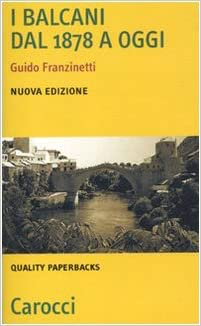Imagined Communities and Real Identities
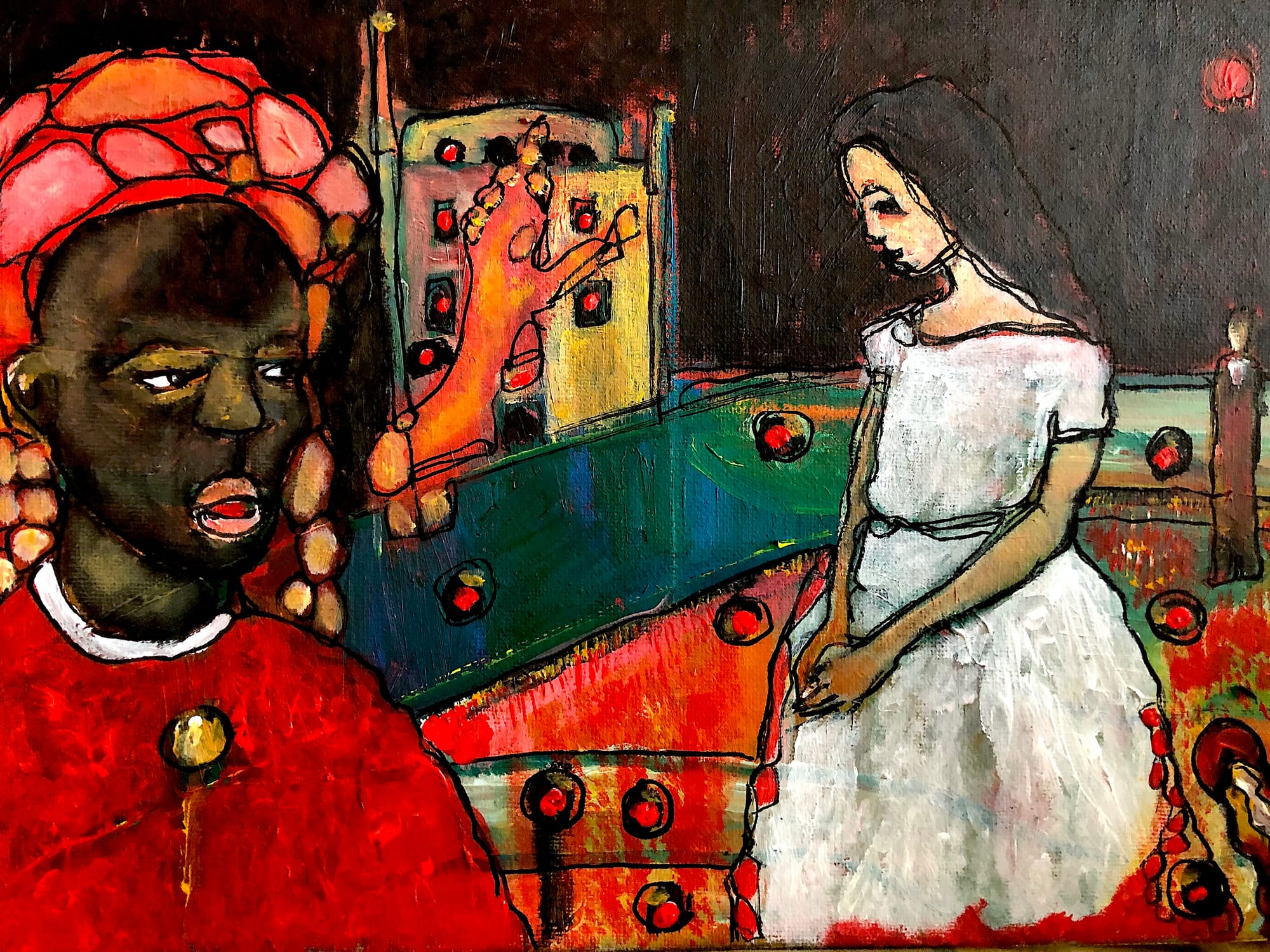
By Guido M. R. Franzinetti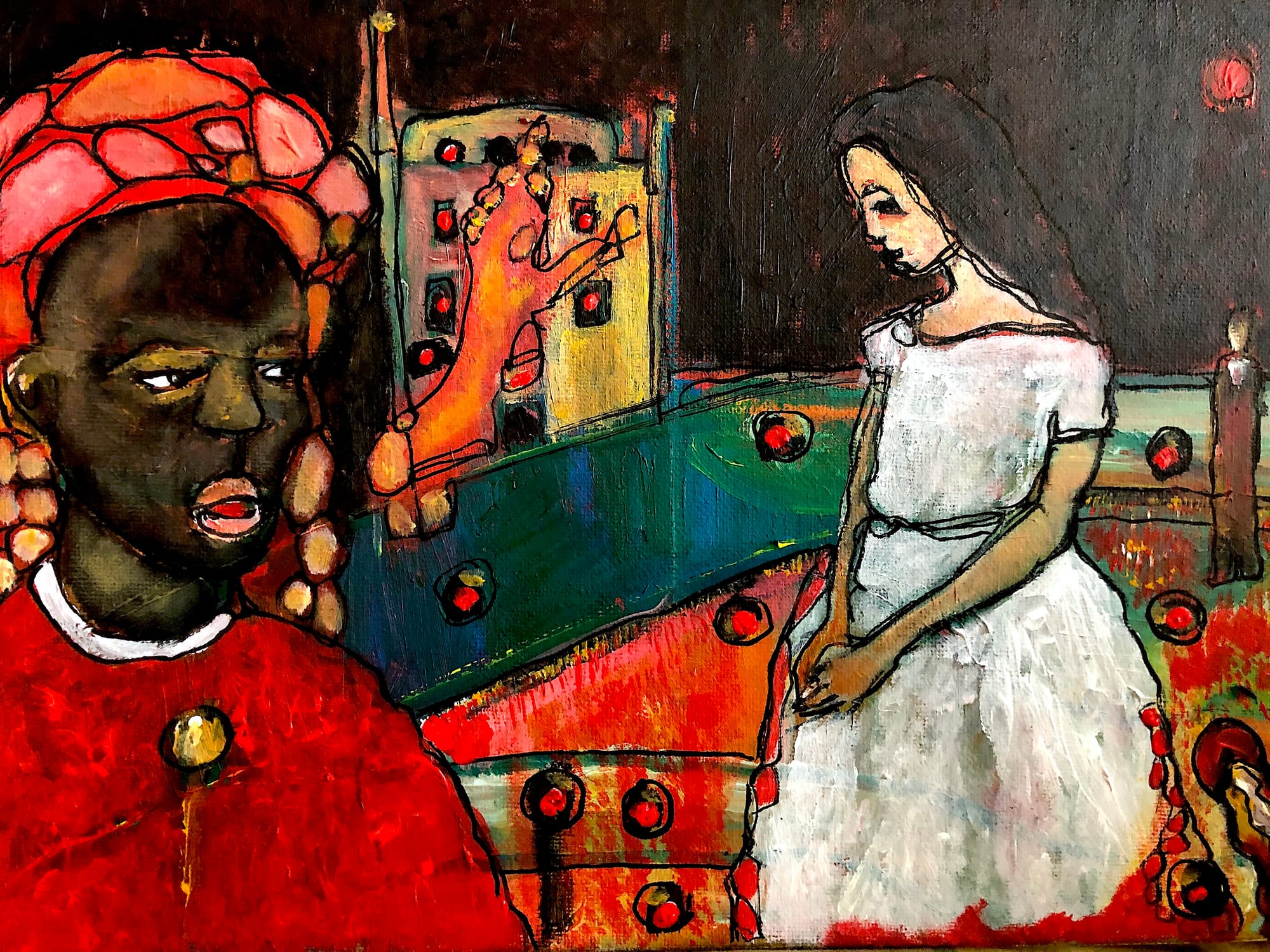
1. Imagining communities. Ernest Gellner once asked Benedict Anderson what was the punchline of his Imagined Communities. “There is no punchline!”, Anderson answered. In a sense, it says everything about his theory.
The booklet was the product of the conflict between Eric Hobsbawm and Tom Nairn. Nairn, as a true neo-Marxist, believed (to use the language of the key text of British national identity, 1066 and all that) that nationalism was a Good Thing. Hobsbawm, who was a Marxist of an earlier vintage, was less enthusiastic about nationalism. As a South-East Asian specialist, Anderson was somewhat perturbed by the conflicts between socialist states in Indochina, as were many leftists (but by no means all).
Anderson’s answer to these problems was to explain that nations are ‘imagined communities’. In a cultural context dominated by the discourse of psychoanalysis (‘identity crisis’ had long been a cliché in US culture), and in which historiography was about to take its ‘cultural turn’, this was music to the ears of liberal and progressive ears. Nationalism was now certified as a Good Thing. It’s culture, it’s all in the mind: ‘It’s the culture, stupid’.
It is a pity that the work for which Anderson is known is this booklet. He was no expert of European history, and the first edition continued a few howlers, as he freely admitted in subsequent editions. The Spectre of Comparisons, focussed on his field of South-East Asian studies (and especially on Indonesia) is much more rewarding, but nobody ever quotes from it. No catchy title, no easy formula; no translations into 30 languages.
2. Identities: Imagined. Anderson was, instead, going to make a much more interesting remark about identity: ‘When I was at school, identity was a concept of geometry’. In other words, 1=1. No room for multiple identities: 2=2, and so forth. Nobody noticed this remark, since by then Identity Studies were well entrenched in academia, and had spawned an interminable flow of literary production (which would have been once classified as ‘autobiography’).
The fact remains that ‘identity’ is very much a misnomer. It is used as a metaphor to describe a mosaic of different qualities, which are supposed to produce a sort of kaleidoscope effect, and, finally, a specific ‘identity’.
In civilized conversation ‘identities’ are not supposed to be understood in essentialist terms (i.e. identities as immutable characteristics, reflecting some eternal essence). Identities should therefore be understood as multiple identities: today I feel ‘red’, tomorrow ‘green’, and afterwards all colours of the rainbow. The model is basically that of consumer choice: I can be whatever I feel like; nobody has the right to label me. The Consumer is Queen, as we have always known.
3. Real Identies. It may be interesting to take a glance at what actually happens in the Real World (assuming such a thing exists). I have a friend who had to renew his (long-lapsed) UK passport. He was born in the UK, well before the introduction of the restrictive rules in the British Nationality Act 1981. He is also Caucasian (which should not make any difference, but it does). He happens to live and work in Italy, and also has Italian nationality. So far so good.
HM Passport Office asked him to provide evidence of the whereabouts of his office (since he preferred to use the office address, for some reason). He had to get a statement from the Vice-Chancellor of his university, since in UK administrative practice a personal testimony from an individual (the Vice-Chancellor) is worth more than a mere written certification from an office. (In Italy, the opposite would be true, since individual testimonies are always considered suspect). Fine.
At this point HM Passport Office notices that Mr X is listed in his (lapsed) UK passport with two extra names, while in his (valid) Italian passport he is listed with only one name (Mr Guy X). Understandably, HM Passport Office might wonder if Mr X is some kind of bigamist, a fraudster or even Satoshi Nakamoto (the inventor of Bitcoin). So Mr X had to ask the Director of his Department to certify that Mr X (born in the UK, in Llanilltud Fawr in on 18 July 19xx, with a British-born mother and British-born grandparents) is actually the same person as listed in Italian documents (Mr X, born in exactly in the same place, from the same parents). Once again, this followed British administrative requirements (the opposite of Italian practice). Mr X got his UK passport renewed. End of story. (Details have been modified to prevent the identification on Mr X.)
4. Identity abandoned? The story has a variety of morals. First, Common Law and Roman Law countries have different practices. Secondly, HM Passport Office is quite right to want to check people’s identities (given the antics of Mr Nakamoto and similar characters). Thirdly, and most importantly, HM Passport Office does not seem to allow for multiple identities. There is a clear lack of Identity Studies in this office.
This saga may seem to be of interest only to Mr X and his friends. Not so. Imagine if you have to get a vaccine jab. Mr X’s name is called up. He could answer: ‘Well, actually, I have multiple identities. Today I don’t feel very X; I feel a bit Y’. In some cases - say, a vaccine against Covid-19 - the vaccinators might ignore the issue. In some cases, in some countries, they may tell Mr X to first sort out his identity issues.
One might perhaps begin to think that a ‘Real Identity’ actually exists. Mr Guy X really needs to be identifiable (at some point) as the one and only Mr X (born in Llanilltud Fawr, etc.). It might make a difference for getting his passport renewal, his Covid-19 vaccination, for his bank account, for his pension.
Does any of this matter? I suspect it actually does matter, at least for the individual involved.
So where does this leave Identity Studies? Hanging out to dry? God forbid. What I would timidly suggest is to substitute the use of the term ‘identity’ with the term ‘affiliation’. When people classify themselves in terms of their ‘identity’/’identities’ they are actually referring to choices they make: being a Manchester United supporter, a vegan, a communicant, whatever. They may even discover that they have agency (or what used to be called ‘free will’). They might discover an entire world beyond ‘identities’.
Of course, this may sound like an issue far removed from the everyday life of a UK citizen. As it happens, the forthcoming Queen’s Speech is envisaging the requirement of a ‘proof of identity’ for voters at the next election. Clearly Identity Studies are not making much headway.
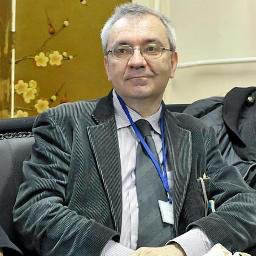
About the Author
Guido M. R. Franzinetti studied in 1974-1979 Modern History with special reference to Eastern European History at the University of Turin, Italy. He subsequently carried out research and worked in Poland, Hungary, the Czech Republic, Ukraine, Uzbekistan, Albania, Kosovo. He has also lectured at Johns Hopkins University Bologna Center (2001-2003). He is currently Research Fellow and Lecturer in Contemporary European History and in East European History at the Faculty of Political Science, University of Eastern Piedmont;“Amedeo Avogadro” (Alessandria), Italy.
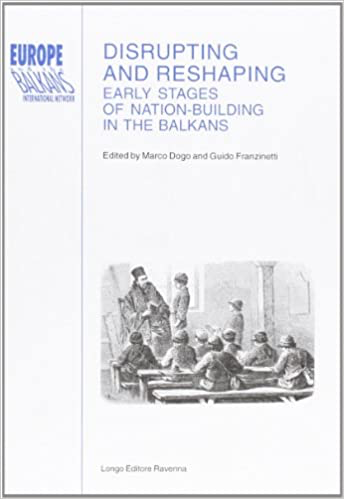
His books include Disrupting and Reshaping: Early Stages of Nation-Building in the Balkans
